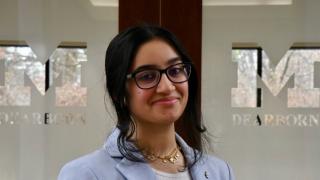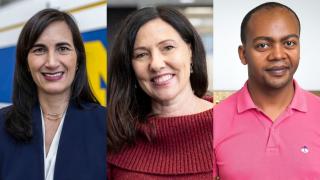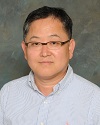 Taehyun Shim
Taehyun Shim
Shim joined the Department of Mechanical Engineering in 2001. His research areas are vehicle dynamics, vehicle handling, dynamic stability and control, all of which are related to better and safer design of automobiles. He has built a strong research program in the department in these areas through his publications, external funding, student engagement and professional connection. He has received 26 research grants, close to $1M of external funding and $300,000 of internal funding. He has published 30 technical articles in peer-reviewed international journals and 41 conference papers. He was one of the recipients of the Ralph R. Teetor Award from The Society of Automotive Engineers in 2008, which recognized his contribution to research, teaching and service to students early in his career.
Shim is recognized both nationally and internationally for his research, publications and scholarly work. He is currently an editor of two international journals and serves as the vice-chair of the Automotive Transportation Systems Committee of the American Society of Mechanical Engineers.
His research has many real-life applications and safety implications in the automotive industry. They involve such topics as trailer back-up assistance, control of jack-knifing and avoidance of vehicle rollover. In fact, one of Shim’s research topics has resulted in four U.S. patent awards jointly with Ford Motor Company. It has now been successfully implemented by Ford in one of its current vehicles. According to one of the reviewers of his research, “This success illustrates Professor Shim’s strong capability to advance state-of-the-art technologies in ways that can directly benefit industry partners and deliver value.”
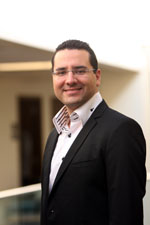 Marouane Kessentini
Marouane Kessentini
Kessentini has established an exemplary record in teaching and training students. During the three years he has been in the Department of Computer and Information Science, he has made significant steps toward his education goals and has taken his students to the highest level of research in his classes. For example, he has hired many of his students to join his research lab, including seven Ph.D. students and four master’s students. All of these students have published many papers in top journals (including a best paper award from ACM Transactions on Software Engineering and Methodology, the top software engineering journal), based on the projects produced in his classes.
He proposed three new courses in a short period, such as a new graduate course on software evolution (CIS 580) to explore several tools used to evolve large-scale software systems. He also teaches the undergraduate software engineering II course (CIS 376), which he has added many innovations to by integrating his research work on tool-based software quality techniques. One CIS 376 student commented, “I hope that every student taking CIS 376 is able to have someone similar to this professor in terms of quality discussion, general ease with which was able to interact with students and ability to clearly explain concepts important to software engineering. I believe that this course has helped to prepare me for entry into the professional work field for software engineering.”
Kessentini also revised the software quality assurance (CIS 565) course to focus more on improving the quality of software systems using refactoring, and covering the required background such as dynamic and static analysis techniques. He has also worked with the Business Engagement Center to invite several speakers from local companies in Michigan (including IBM and Ford) to present and discuss issues related to the maintenance of several of their large software projects. Some of the speakers also proposed a projects class for the students and at the end of the semester a poster session was organized.
He consistently receives high teaching evaluations. Students appreciate his ability to unify many cutting-edge computer science research practices and apply them to software engineering practice.
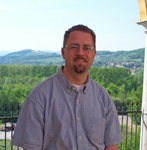 Stanley Weed
Stanley Weed
Weed has been a lecturer in the art history discipline for more than 13 years. During that time he has taught more than 10 different courses at the undergraduate level and supervised multiple independent study projects. Faculty praise Weed for his range in teaching courses focused on the Medieval period as well as courses about the Northern Renaissance and Baroque periods. He also has been an active participant in the Medieval and Renaissance Studies program.
Weed created a new interdisciplinary course, Women in Medieval Art and Religion, that includes material from his ongoing research agenda and that encourages CASL students from many disciplines to think critically about history, art, religion and the social roles of women across centuries.
Weed has published a number of articles and presented papers at conferences since he began teaching at UM-Dearborn in 2002. He draws high praise from students in all of his classes, including the introductory surveys of western art and a survey of western architecture. He conveys his love and enthusiasm for the material to his students, encouraging them to make connections between ideas and iconography. In fact, his teaching has led many students to declare their majors in art history.
Weed leads field trips to introduce UM-Dearborn students to area museums and to the rich history of architecture in the region, making the art and culture of the Medieval world a vibrant part of students’ own lives and environment.
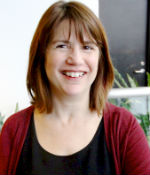 Suzanne Bergeron
Suzanne Bergeron
As a productive and collaborative scholar, Bergeron shares her expertise and enthusiasm with faculty, staff and students. Nominators say her efforts have transformed the UM-Dearborn campus.
Bergeron holds a Ph.D. in economics, but her research in the field of gender and global development integrates insights from across the disciplines, particularly in political science, anthropology, geography and ethics. Arriving on campus in 1989, she has taught in the women’s and gender studies, economics, political science, environmental studies, honors, and master’s in liberal studies programs. Her students rave about her courses, saying she radiates the importance of keen and critical thinking.
She is the author of Fragments of Development and Gender, Power and International Development as well as numerous journal articles and book chapters. Her research crosses the “borderlands” between disciplines and effectively “translates” ideas into language that can be understood and utilized in new ways. This is interdisciplinary work at its best, empowering research and analytical innovation.
She has won numerous awards for her research and teaching and is the recipient of the UM-Dearborn Distinguished Teaching Award, Susan B. Anthony Award and Distinguished Service Award. She also received U-M Ann Arbor’s Sarah Goddard Power Award for her research, teaching and service contributions to gender equity.
She has tirelessly worked to promote other faculty, disciplines and students to consider and create interdisciplinary courses and. Sought out for her ideas, enthusiasm and ability to communicate across the knowledge spectrum, she exemplifies an interdisciplinary scholar.
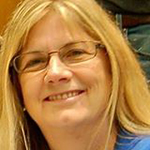 Sheryl Edwards
Sheryl Edwards
Edwards has taught an array of political science courses since joining the UM-Dearborn faculty in January of 2002. Students consistently rave about her courses and, once they’ve had her in an introductory course, seek out future courses where she can guide them on their intellectual journey. Despite a high teaching load, Edwards brings great energy to each course. She consistently modifies courses to integrate new content, teaching methods or assessment tools. Though the large number of students she teaches might lead some to opt for less rigorous assessments, the piles of blue books she’s often seen carrying down the halls evince her rejection of this approach.
Colleagues say dedication to enhancing the political science curriculum is another of Edwards’ distinguishing traits. She has identified valuable changes to courses, contributed thoughtfully to the reconfiguration of the major, prepared applications to have political science courses included in the Dearborn Discovery Core, aided development of program assessment and enthusiastically integrated service learning opportunities into her classes.
More difficult to document, but equally important, are the many subtle ways Edwards has affected how we approach teaching and curriculum. She continuously reflects on her own teaching, seeks input from colleagues and frequently revamps courses that she could easily keep teaching as she has in the past. In the process, she has initiated countless conversations among our faculty members regarding how to improve learning experiences for our students.
Edwards also is committed to service to the university. A brief summary of recent activities is illustrative: She has served on the campus Bookstore Committee, serves as a mentor for the Women’s Resource Center, volunteered for activities coordinated as part of UM-Dearborn’s Martin Luther King Jr. Day of Service, staffed departmental tables at the Fall Open House and other campus events, and served as a lead contract negotiator and Dearborn chair for LEO, adviser to the HUB for Teaching and Learning Resources, faculty sponsor for the Secular Student Alliance and the Political Science Association (PSA), and adviser to the student Social Justice League. She also attends all discipline meetings and departmental meetings.
Honor Scholars
College of Arts, Sciences, and Letters
American Studies
Pamela Ammiano
Anthropology
Angelina Camilleri
Applied Statistics
Joshua Postel
Art History
Mary Smith
Behavioral Sciences
Eric Basner
Biochemistry
James Plumb
Biology
Jessica Snow
Chemistry (ACS Certified)
Luke Harding
Communication
Siham Al-Ali
Criminology and Criminal Justice
Alexis Jackson
Earth Science
Bailey Glassford
Economics
Thomas Mehall
English
Taylor Lenze
Environmental Science
Thomaz Carvalhaes
Environmental Studies
Ramzi Badwi
French Studies
Thomas Boik
General Studies
Sharon Gregory
Hispanic Studies
Andrea Wheatley
History
Hina Haider
Humanities
Afaf Humayun
International Studies
Elena Popescu
Journalism and Screen Studies
Elizabeth Lundy
Liberal Studies
Elizabeth Kubera
Mathematics
Chase Rosenthal
Microbiology
Jenna Olson
Philosophy
Kyle Burnard
Physics
Jason Lerner
Political Science
Alexander Bedz
Psychology
Jessica Gaskin
Social Studies
Evelyn Cramton
Sociology
Asma Huzair
Urban and Regional Studies
Kaylah VanWasshnova
Women’s and Gender Studies
Laura Sanchez
Graduate Program in Psychology
Batoul Berri
Graduate Program in Applied and Computational Mathematics
Junxuan Li
Graduate Program in Public Administration
Kristin McDonough
Master of Science in Environmental Science
Jennifer Kelleher-Hazlett
College of Business
Accounting
Noor Sidiqi
Digital Marketing
Rachel Ruta
Finance
Flavia Munta
General Business
Natasha Rao
Human Resource Management
Jessica Lanasky
Information Technology Management
Shiju Wilson
Management
Steven Berlinski
Marketing
Lisa McGann
Supply Chain Management
Maria Rodriguez
Graduate Program in Accounting
Brenda Grimes
Graduate Program in Accounting and Finance
Christopher Allen
Graduate Program in Business Administration
Jeffrey Wickman
Graduate Program in Business Analytics
Ngoc Phan
Graduate Program in Finance
Daniel Millman
Graduate Program in Supply Chain Management
Muhammad Shah Faisal Durrani
Graduate Program in Information Systems
Swaroopa Goturkar
DUAL DEGREE
Graduate Program in Business Administration and Master of Science in Finance
Vasilios Manios
Graduate Program in Business Administration and Master of Science in Industrial & Systems Engineering
Jeffrey Wyatt
College of Engineering and Computer Science
Bioengineering
Lukas Aaron Underwood
Computer Engineering
Jeff Kibbe
Computer and Information Science
Paul Katarzis
Electrical Engineering
Aaron Ward
Industrial and Systems Engineering
Brigitte Hutter
Mechanical Engineering
Brandon Michael Schwartz
Manufacturing Engineering
Keith Cardillo
Robotics Engineering
Benjamin Pollatz
Software Engineering
Ryan Bisson
Graduate Program in Automotive Systems Engineering
Sahil Nagpal
Graduate Program in Computer Engineering
Daniel Luedtke
Graduate Program in Computer and Information Science
Simrandeep Kaur
Graduate Program in Electrical Engineering
Jamal Alezzani
Graduate Program in Engineering Management
Alireza Mohammadi
Graduate Program in Industrial and Systems Engineering
Khaled Almahshi
Graduate Program in Information Systems and Technology
Urvi Patel
Graduate Program in Mechanical Engineering
Monica Ann DuBois
Graduate Program in Program and Project Management
Haider Aljumaili
Graduate Program in Software Engineering
Thomas Green
College of Education, Health, and Human Services
Community Health Education
Alba Montenegro
Graduate Program in Health Information Technology
Nancy McMahon
Health Policy Studies
Abeer Yassine
Public Health
Karlene Koos
Bachelor of Arts in Education (Early Childhood)
Christina Raffoul
Bachelor of Arts in Education (Language Arts)
Natalie Mrukowicz
Bachelor of Arts in Education (Mathematics Studies)
Mya Ray
Bachelor of Arts in Education (Reading)
Josselyn Gorman
Bachelor of Arts in Education (Social Studies)
Hannah Temple
Bachelor of Arts in Education (Science Studies)
Kelli Zaranka
Bachelor of Arts in Education (Special Education)
Shereen Tarraf
Bachelor of General Studies
Elizabeth Tosto
Master of Arts in Early Childhood Education
Michelle Griffin
Master of Arts in Education
Mathew Woznicki
Master of Arts in Educational Leadership
Lindsey Pignatiello
Master of Arts in Educational Technology
Susan Jabara
Master of Education in Special Education
Ruth Ann Spalink
Master of Science in Science Education
Brenda Settle
Master of Arts in Teaching
John Demko
Doctorate of Education (Ed.D.)
Page Boyer
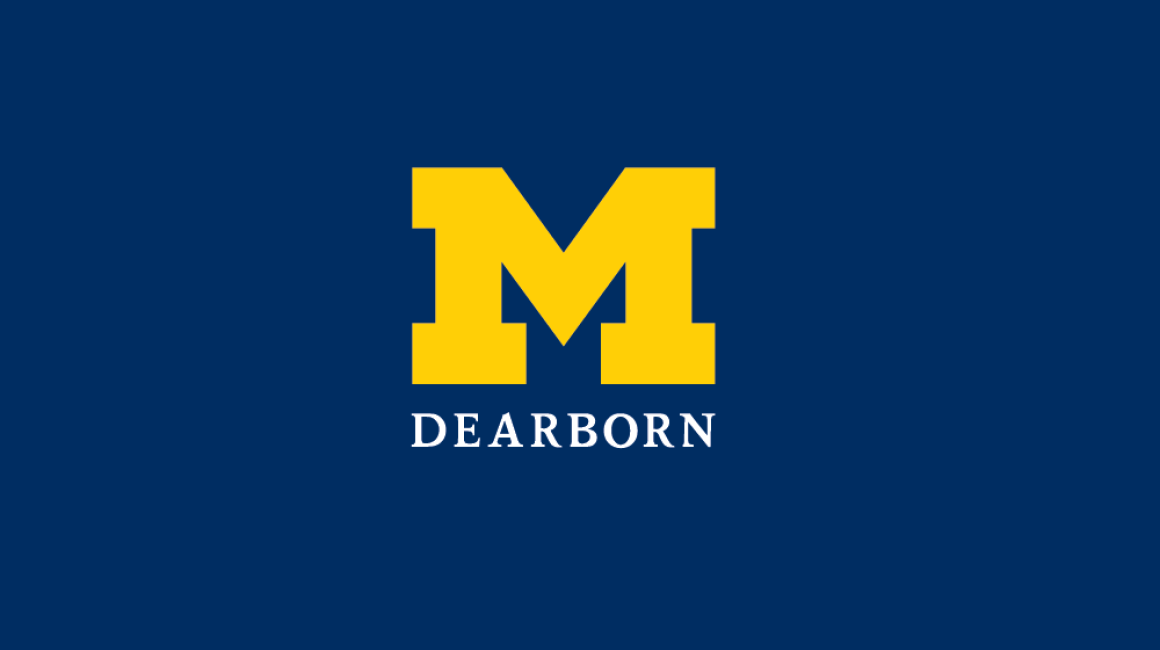

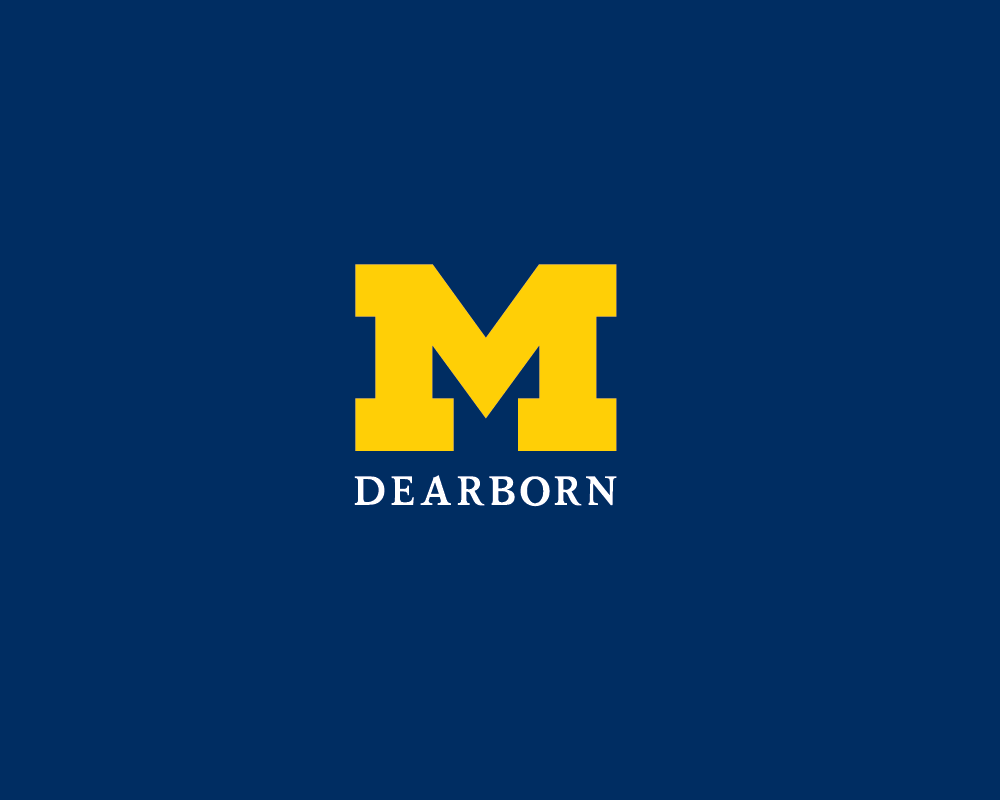
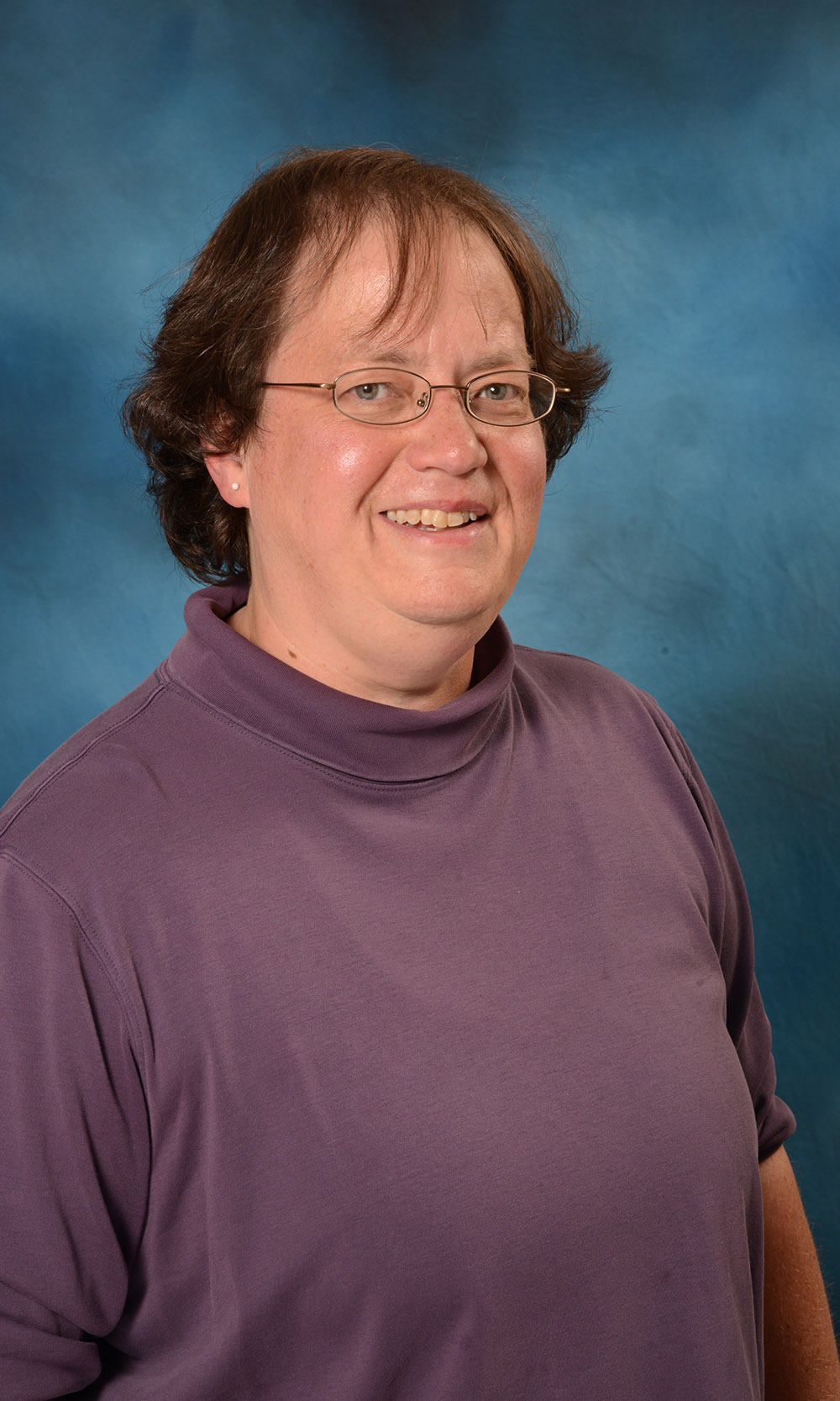
 Taehyun Shim
Taehyun Shim Marouane Kessentini
Marouane Kessentini Stanley Weed
Stanley Weed Suzanne Bergeron
Suzanne Bergeron Sheryl Edwards
Sheryl Edwards